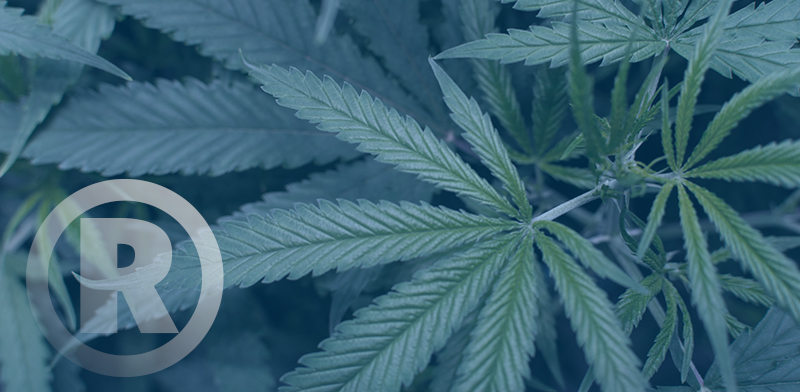What is a Trademark? At the most fundamental level, a trademark is a mark or identifying representation of the source of a good or service that the mark is attached to. When an individual sees a slogan, graphic, or name attached to a product, it is understood that the company who owns that mark must have produced the given product.
Think Nike — when you see a swoosh on a pair of tennis shoes, you know that they were created by the Nike company. You are more likely to purchase them because of the logo’s implicit message of quality.
A Consumer Protection Statute
One can easily imagine why it would be unfair for a new shoe company, Company X, to use the Swoosh on their own shoe line. Here, Company X is specifically using that Swoosh because it wants a potential consumer to believe that Nike created and produced the shoe. Preventing Company X’s unwarranted financial gain on the back of Nike’s hard work is precisely the sort of thing trademark law is meant to achieve.
Types of Marks Eligible for Protection
In evaluating whether or not a mark may receive Trademark protection, the foremost determining factor is the mark’s distinctiveness. Indeed, Trademarks are evaluated on a scale of distinctiveness ranging from “Fanciful”, which is the most unique category of mark and will (nearly) always receive trademark protection, to Generic, which is not unique and will (nearly) never receive trademark protection.
The mark “Google” is the archetype example of a Fanciful mark. Until the search engine company came along, the word “Google” was meaningless and acquired significance only through the company’s use of the word. Conversely, a company that sells lumber could not make use of the word “lumber” as a trademark because it is a generic word. The company is quite literally selling the universally available commodity, lumber, and the mark not is not in any way distinct.
Gaining Trademark Rights
In order for trademark owners to gain trademark rights on a desired mark, they can:
- Start using the mark in commerce in connection to a good or service
- Register the mark with the State Trademark Registry
- Register the mark with the United States Patent and Trademark Office (USPTO)
While exercising option one affords the Trademark holder the least amount of protection, option three, involving the registration of the mark in the USPTO, grants the greatest amount of protection and gives the owner exclusive, national right to use the mark in connection to the designated good or service.
Cannabis & Trademarks
Trademark law, as it pertains to Cannabis, becomes a tricky discussion because of both the Federal illegality of the substance and the Federal nature of Trademark law. It is certainly true that an individual can receive a Statewide trademark on a cannabis product in a state where Cannabis is legal. Unfortunately, this means that in States where the mark is not registered, the registrant does not have the exclusive rights to its use and other companies are free to use it for their own purposes.
Under the Lanham Act, which governs the process and eligibility of Federal trademark protection, Trademarks cannot be assigned to goods and services that cannot be lawfully used in commerce. As Cannabis is still a Schedule 1 drug under the Controlled Substance Act (CSA), it cannot lawfully be used in commerce and is therefore not eligible for Federal protection.
A Possible Solution
Cannabis companies still intent on gaining Federal Trademark protection may pursue the strategy of producing a supplementary product that does not contain any of the controlled substance, cannabis. For example, an edibles company that sells cannabis infused gummy bears may also produce regular gummy bears and file a trademark on its brand name in connection with the sale of the innocuous candy. This Trademark may serve as an umbrella of Trademark protection for the cannabis infused gummy bear the company sells at a later date.
Ultimately, Trademark law is another victim to the inanity of Cannabis’s classification as a Schedule 1 drug under the CSA. As legalization efforts continue to gain strength and power, we will hopefully see Cannabis fully legalized on a Federal level. Until then, companies (in states where Cannabis is legal) would be wise to minimally file for trademark protection in their local state registry.
Get daily cannabis business news updates. Subscribe
End
